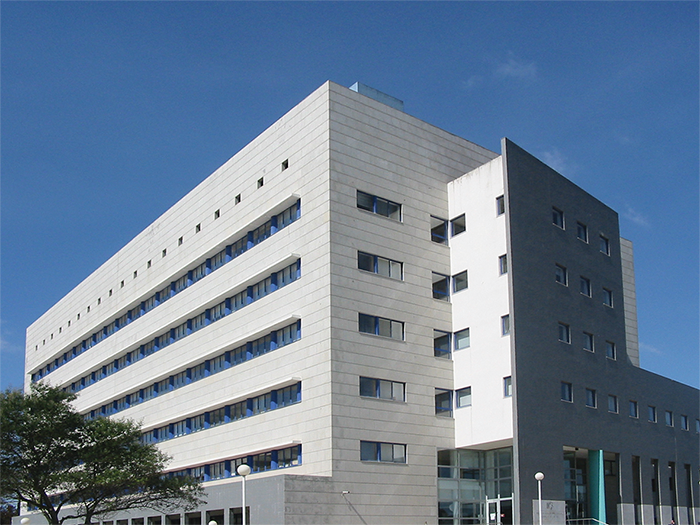 .
. 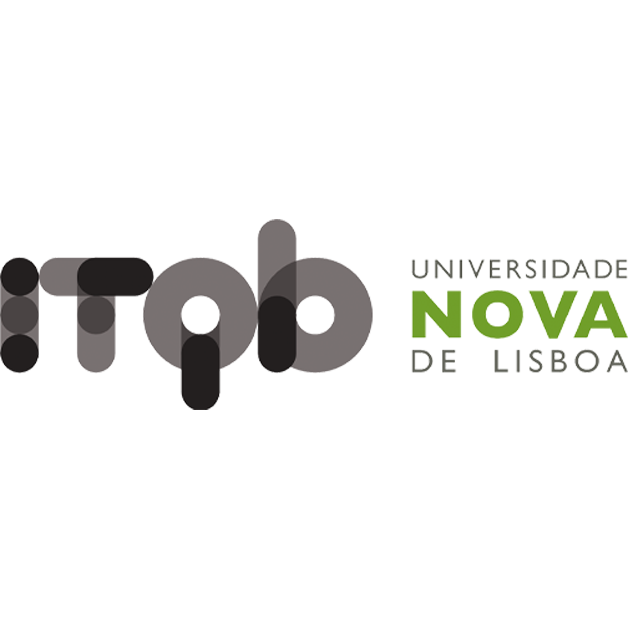
The site has expertise in a wide range of techniques, including protein production, biophysical characterisation, macromolecular crystallography and NMR.
At ITQB NOVA, we have groups with expertise in protein production and analysis, structure determination of proteins by X-ray crystallography, NMR spectroscopy, SAXS and biophysical methods, thus boosting a multidisciplinary approach to address fundamental questions within Life Sciences. We are therefore prepared to train students awarded with Instruct internships and to organise courses/workshops in the aforementioned methodologies. ITQB NOVA can host these events, allocating classrooms and teaching laboratories, and providing administrative and technical support.
ITQB has research facilities for microbial cell production on a laboratory-scale and at bioreactor-scale (30-300 L), protein purification and analysis (e. g. ITC, DSC, DLS, CD, DSF). It also has equipment for protein crystallisation (Nano-robot Mosquito LCP, TTP Labtech), X-ray diffraction data collection (Bruker AXS Microstar X-ray Source and X8 Proteum diffractometer with a CCD area detector) and model building.
ITQB hosts Cermax with 5 NMR spectrometers including the highest field NMR spectrometer in Portugal operating at 800 MHz, equipped with a triple-resonance cyoprobe of the last generation for high-end studies of the structure, dynamics and interactions of biological macromolecules in solution. One of the two 500 MHz spectrometers is equipped with a triple resonance cold probe for biomolecular studies in solution including metabolomics, whereas the other can be fitted with a multitude of probes including an HRMAS probe for studies of solid and semisolid samples of diverse origins. The 400 MHz and the 300 MHz spectrometers are devoted to work on small molecules and user training.
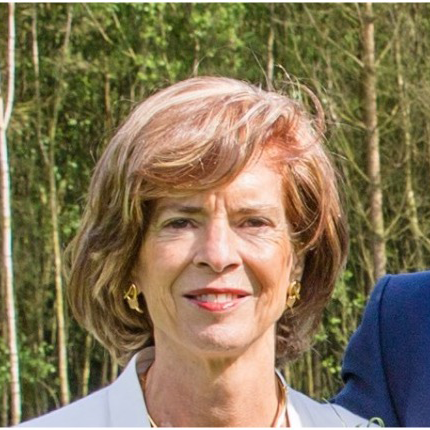
Maria Arménia Carrondo
Science and Technical Contact

Margarida Archer
Science and Technical Contact

Pedro Matias
Science Contact - MX
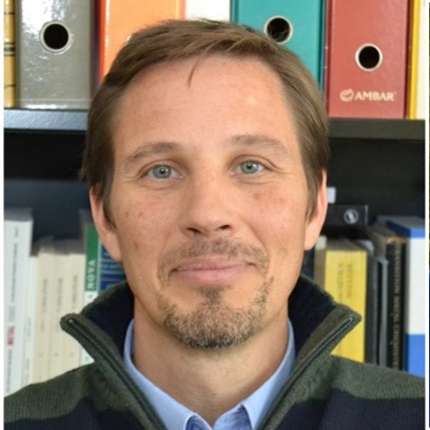
Ricardo Louro
Science Contact - NMR
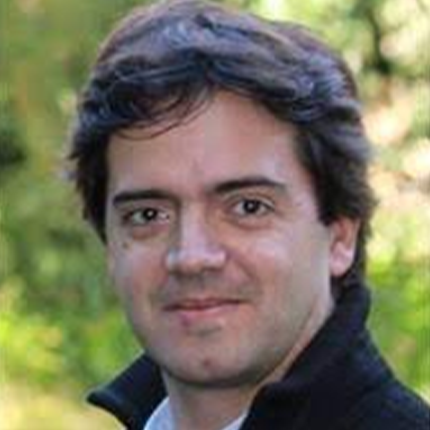
Tiago Bandeiras
Science Contact - Biophysical Techniques